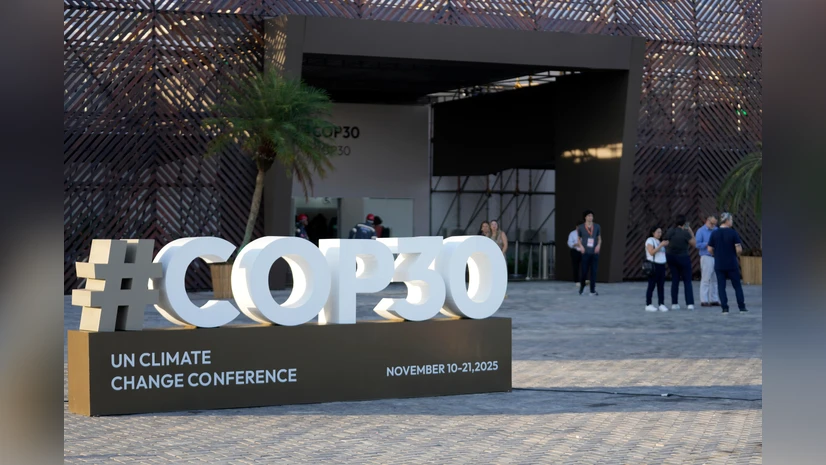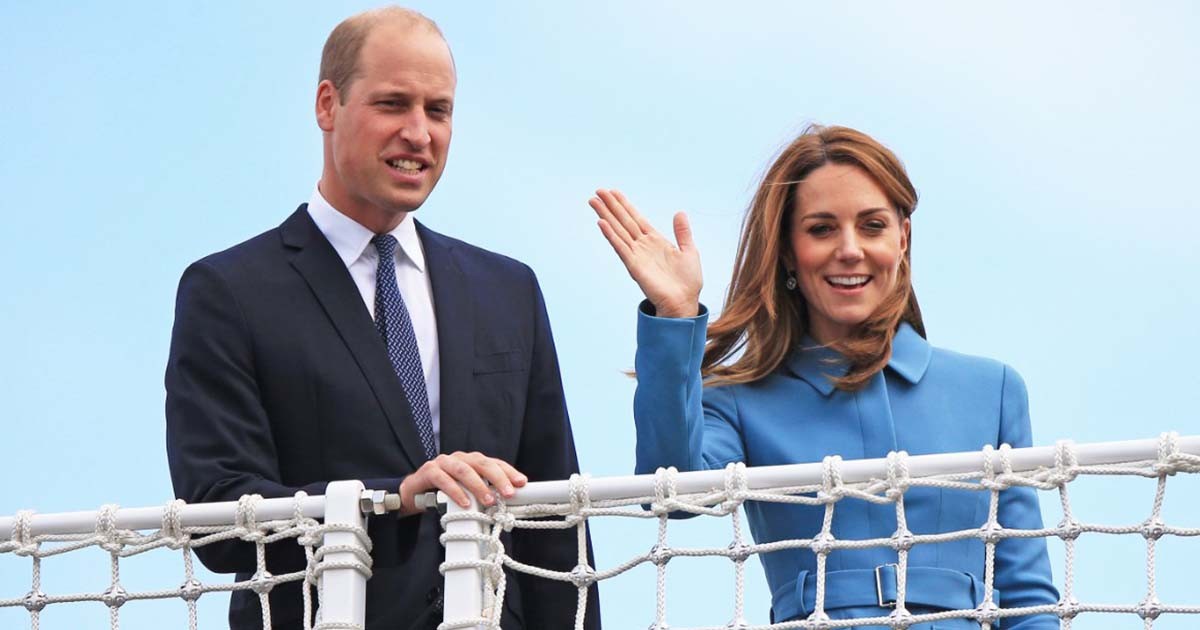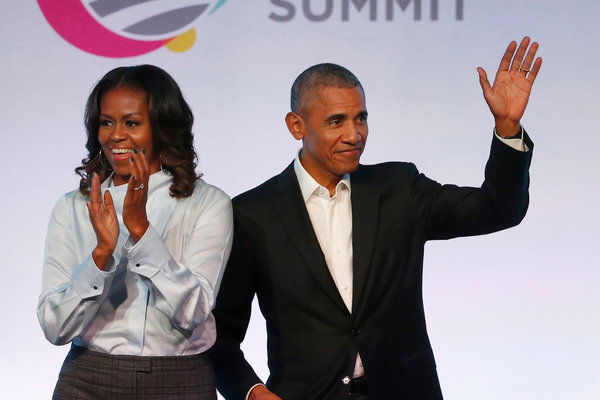Every year, the United Nations climate summit draws attention to global efforts to prevent environmental disaster. This year, the 30th Conference of the Parties (COP30) begins on November 10 in Belem, a city in Brazil’s Amazon rainforest, and will continue until November 21, 2025.
The summit marks a milestone — three decades of global climate negotiations since the first UN climate treaty was signed.
President Trump just called out the shameless hypocrisy of the Climate Brigade jetting to COP30 — after 100,000 trees were felled for their comfort.
How do these global elites keep getting away with such blatant duplicity? pic.twitter.com/b0pdf5bGXV
— Desiree Fixler (@desireefixler) November 9, 2025
What is COP?
COP stands for Conference of the Parties, referring to the countries that signed the 1992 UN Framework Convention on Climate Change (UNFCCC). The treaty committed nations to work collectively against global warming and recognised that some countries bear greater responsibility for historical emissions.
The principle of “common but differentiated responsibilities” was established under this framework. It means that while all nations must act, developed nations should lead in reducing emissions and funding climate solutions.
Each year, the rotating presidency sets the agenda, coordinates pre-summit discussions and hosts the two-week meeting. The presidency also helps unite nations, civil society and the private sector in shaping collective climate goals.
Why COP30 matters this year
COP30 is being described as a “full-circle moment” for Brazil. The country hosted the 1992 Rio Earth Summit, where the UNFCCC was first adopted. Now, more than three decades later, Brazil is hosting the event again — this time emphasising inclusion and indigenous participation.
Brazil’s government has urged nations to focus on delivering past promises, including commitments made at COP28 to phase out fossil fuels, rather than making new, unfulfilled pledges.
For the first time, COP30 will also acknowledge that the world has missed its earlier target of limiting global warming to 1.5 degrees Celsius.
By choosing Belem, a gateway to the Amazon, Brazil aims to spotlight the critical role of rainforests in stabilising the global climate. The location underscores the ongoing threats from deforestation, mining, agriculture and fossil fuel extraction.
Who are the key players?
Nearly every nation will send representatives, often aligning with regional or economic groups.
• Alliance of Small Island States (AOSIS) will speak for countries facing existential risks from rising sea levels.
• The G77+China bloc and the Africa Group will advocate for developing nations’ interests.
• The BASIC group, Brazil, South Africa, India and China, will push for equitable climate action.
Meanwhile, the United States, after signalling a withdrawal from the Paris Agreement earlier this year, has stepped back from its traditional leadership role. In its place, China and Brazil are emerging as influential voices in global climate diplomacy.
With additional input by GVS US and Intl desk














